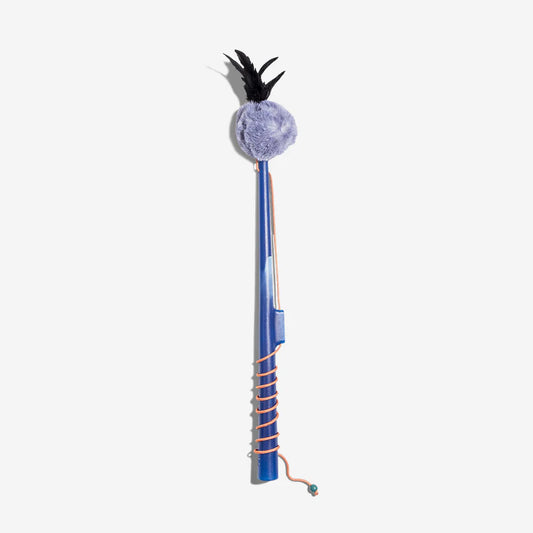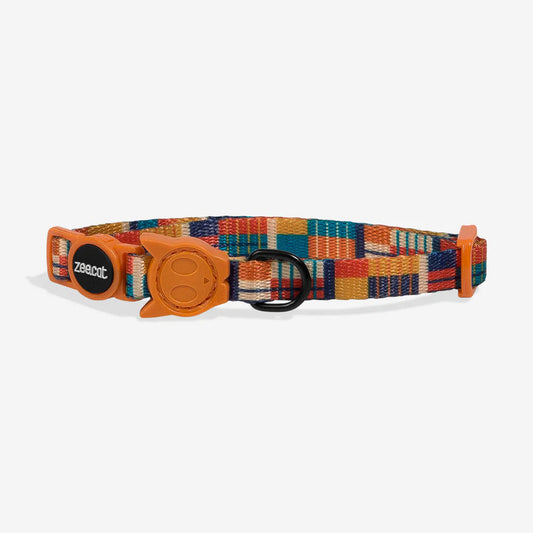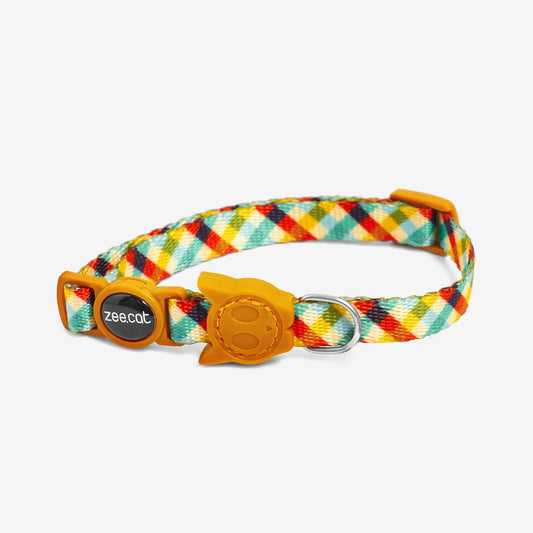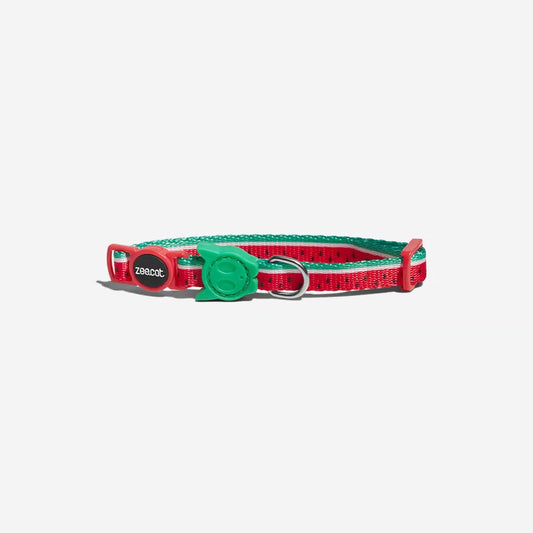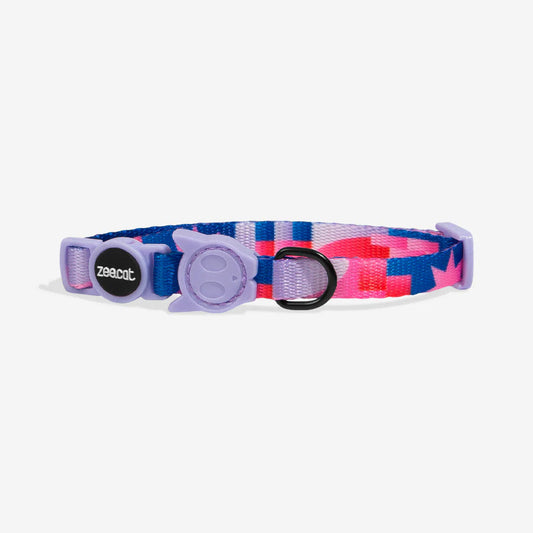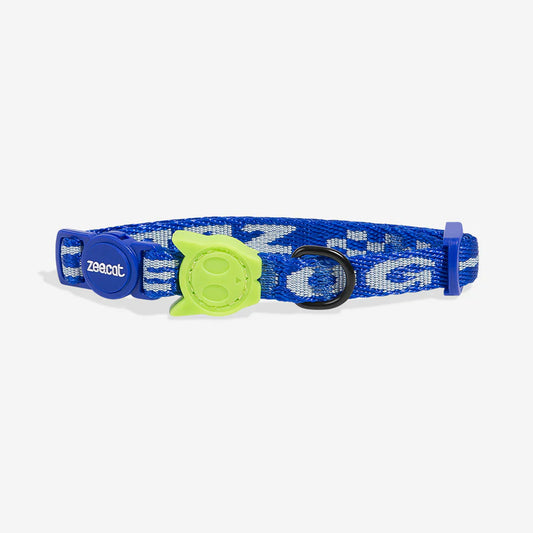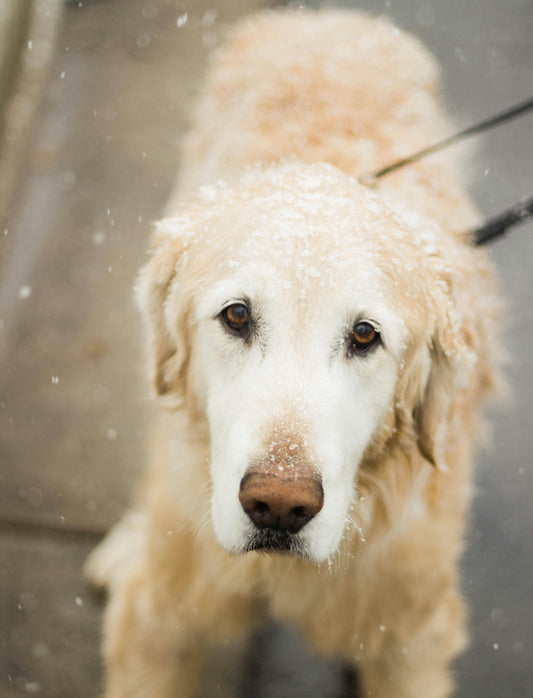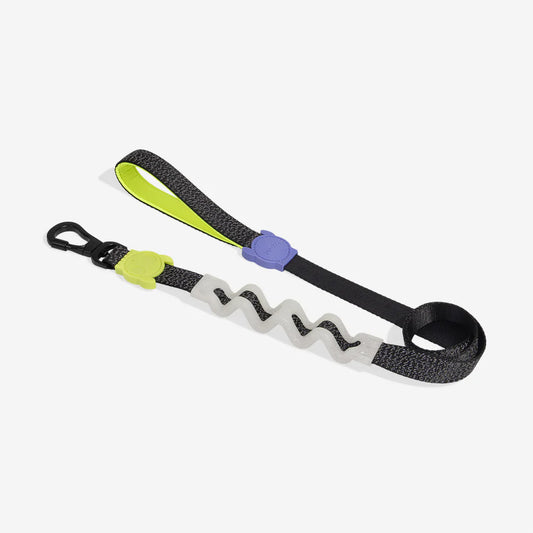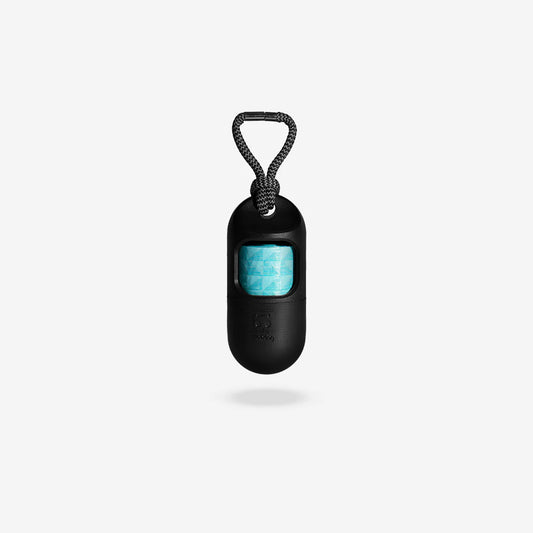Selecting the right veterinarian for your dog is a critical decision for any pet owner. A good vet not only ensures the health and well-being of your dog but also provides peace of mind for you. Here are some essential factors to consider when choosing the right vet for your dog.
1. Ask for Recommendations
Start by asking friends, family, and neighbors for recommendations. Personal experiences are invaluable. If you see someone at the dog park with a well-cared-for dog, don’t hesitate to ask them which vet they use. Online reviews can also provide insights, but firsthand accounts are often the most reliable.
2. Check Qualifications and Experience
Ensure the veterinarian is properly licensed and has the necessary qualifications. You can usually find this information on the vet's website or by contacting the clinic directly. Consider the vet's experience, especially if your dog has specific health issues. A vet with a lot of experience with dogs is likely to have encountered a wide range of health problems and treatments.
3. Visit the Clinic
Before making a decision, visit the clinic. Pay attention to the cleanliness and organization of the facility. The environment should be calm and welcoming for dogs. Observe how the staff interacts with both the dogs and their owners. Friendly and knowledgeable staff are a good indicator of the care your dog will receive.
4. Evaluate Communication
Communication is key in any relationship, including the one with your vet. A good vet should be able to explain your dog's health issues and treatments in a clear and understandable manner. They should also be open to answering all your questions. If you feel rushed or dismissed, it might not be the right fit.
5. Consider Location and Hours
Convenience is important. Choose a vet clinic that is close to your home and has hours that fit your schedule. Emergencies can happen, and having a vet nearby can make a significant difference. Additionally, check if the clinic offers emergency services or has a referral system in place.
6. Look for a Full-Service Clinic
A full-service clinic that offers a range of services from routine check-ups to surgeries can be very beneficial. It’s convenient to have one place that can handle all your dog's health needs. Services to look for include vaccinations, dental care, diagnostics, and surgery.
7. Assess Costs and Payment Options
Vet care can be expensive, so it’s important to understand the costs involved and what payment options are available. Ask about the clinic's pricing for routine visits, vaccinations, and emergency care. Some clinics offer payment plans or accept pet insurance, which can help manage costs.
8. Trust Your Instincts
Ultimately, trust your instincts. You know your dog best, and if something doesn’t feel right, it probably isn’t. Your comfort with the vet and the clinic is essential for a positive and productive relationship.
Conclusion
Choosing the right vet for your dog involves careful consideration of several factors, from recommendations and qualifications to communication and costs. By taking the time to research and visit potential vets, you can find a trustworthy and experienced professional who will help keep your dog healthy and happy. Remember, the right vet can make all the difference in your dog's quality of life.
Owning a dog in the Netherlands involves several important steps and responsibilities to ensure the health and well-being of your pet. Here's a comprehensive guide on what you need to do:
1. Legal Requirements
- Registration: In the Netherlands, you are required to register your dog with your local municipality (gemeente) within 14 days of acquiring the dog. This can usually be done online or at the town hall.
- Microchipping: All dogs must be microchipped by the time they are eight weeks old. The chip contains a unique number that is registered with a national database, linking the dog to its owner.
- Dog Tax (Hondenbelasting): Some municipalities in the Netherlands impose a dog tax. The amount and the requirement to pay this tax vary depending on the municipality. Check with your local gemeente for specific details.
2. Vaccinations
Vaccinating your dog is crucial to protect it from various diseases. Here are the core vaccines typically recommended:
- Canine Distemper Virus (CDV)
- Canine Parvovirus (CPV)
- Canine Adenovirus (CAV)
- Leptospirosis
- Rabies: This is particularly important if you plan to travel with your dog outside the Netherlands or if you are bringing a dog into the Netherlands from another country. Rabies vaccination is mandatory for dogs over three months old.
3. Optional Vaccinations
Depending on your dog's lifestyle and where you live, your vet might recommend additional vaccines:
- Kennel Cough (Bordetella bronchiseptica)
- Lyme Disease (Borrelia burgdorferi)
- Canine Influenza
4. Routine Health Care
- Regular Vet Check-ups: Schedule regular check-ups with your vet to monitor your dog’s health and stay updated on vaccinations and preventative care.
- Flea and Tick Prevention: Regular treatments to prevent fleas and ticks are important, especially in warmer months.
- Deworming: Regular deworming is essential to keep your dog free from intestinal parasites.
5. Traveling with Your Dog
- EU Pet Passport: If you plan to travel within the European Union with your dog, you will need an EU Pet Passport. This document includes proof of microchipping, rabies vaccination, and other health information.
- Additional Requirements: Some countries may have additional entry requirements such as health certificates or treatments against specific parasites.
6. Dog Care Essentials
- Proper Nutrition: Provide a balanced diet appropriate for your dog’s age, size, and health needs.
- Exercise and Socialization: Regular exercise and socialization are crucial for your dog’s physical and mental well-being. Make sure to comply with local leash laws and regulations regarding dogs in public places.
- Training: Basic obedience training can help ensure your dog behaves well in different situations and is a good canine citizen.
7. Pet Insurance
Consider getting pet insurance to help cover the cost of unexpected veterinary care. There are various plans available that cover different levels of care, from basic accidents to comprehensive health issues.
8. Finding a Vet
Find a reputable vet in your area by asking for recommendations, checking online reviews, and visiting the clinics to see where you feel most comfortable.
Conclusion
Owning a dog in the Netherlands involves meeting certain legal requirements, ensuring proper vaccination and health care, and providing a loving and responsible home. By following these guidelines, you can ensure that your dog remains healthy and happy, and you can enjoy the many benefits of having a canine companion.





